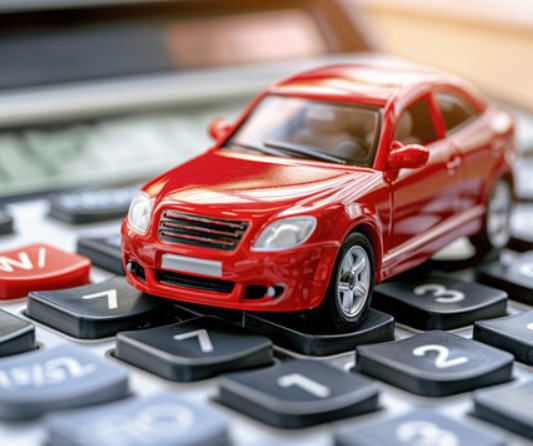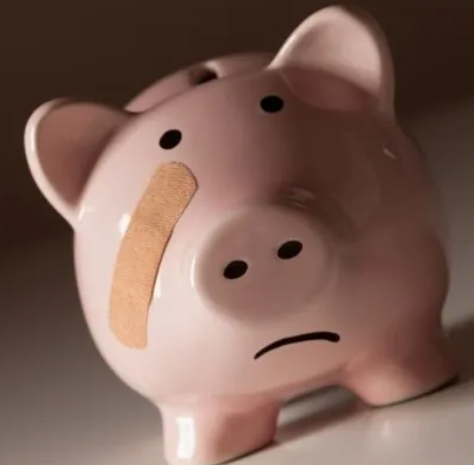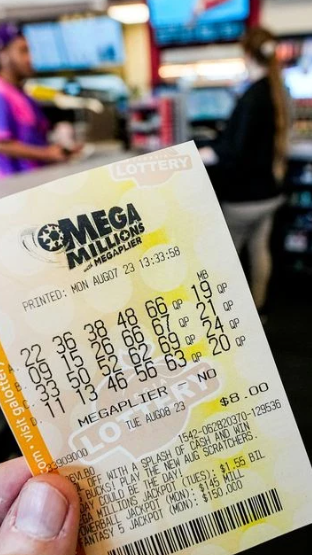When it comes to personal finance, one of the most debated topics is whether it’s better to buy a home or rent. Both options come with their own set of benefits and drawbacks, and the right choice depends on your circumstances. Here, we’ll break down the arguments for both sides to help you make the best decision for your situation.
Why Buying a Home Might Be the Right Choice
For many, buying a home is an excellent long-term financial decision. Here’s why:
- You Build Equity
The biggest advantage of homeownership is that your mortgage payments help build equity in your property. With each payment, you own a little more of your home, rather than paying rent that benefits someone else. While owning a home does require maintenance and occasional repairs, such as replacing the roof, the money you’re spending is going toward an asset that will appreciate over time, unlike rent, which gives you nothing in return. - Real Estate is a Tangible Asset
Unlike paper money, stocks, or bonds, real estate is a physical, tangible asset. A home is something you can touch, live in, and rely on, regardless of what happens in the stock market or the economy. Even in times of economic uncertainty, land and property maintain their value because they’re essential for living. - Pride of Ownership
There’s a unique sense of pride and responsibility that comes with owning a home. It’s yours to take care of, and you have the freedom to customize it as you see fit. Moreover, owning a home means you won’t face the uncertainty of rent increases as you get older, making it easier to plan for the future.
Why Renting Might Be a Better Fit for You
Although owning a home is often a great financial decision, it’s not right for everyone. Here’s why renting might be the smarter choice for some people:
- You Can’t Afford to Buy Right Now
If you’re living in an area where home prices are high, like New York or San Francisco, buying a home might not be realistic. Even if you can technically afford the monthly payments, buying a home often comes with other hidden costs, such as property taxes, insurance, and maintenance. If your mortgage payments exceed 30% of your income, it could be a sign that homeownership may stretch your finances too thin. - You Move Frequently
If you’re someone who enjoys moving every few years or is unsure about settling down in one location, renting could be a more flexible option. When you buy a home with a 30-year mortgage, most of your early payments go toward interest, which means you aren’t building equity in the property right away. If you sell the home soon after buying it, you could end up losing money, especially when factoring in closing costs and the possibility of the property’s value not increasing. - You Want to Avoid Debt
The idea of owning a home outright may sound appealing, but it’s not the right choice for everyone. If you are focused on becoming debt-free, you might prefer to rent and save aggressively to one day buy a home with cash. While it may take time to save up, owning your home outright would eliminate mortgage payments, giving you complete financial freedom.
The Final Verdict: It Depends on You
Ultimately, whether you should buy or rent depends on your financial situation and life goals. If you’re in a position to afford a mortgage, want to build long-term wealth, and are ready to commit to staying in one place for a while, buying a home could be a fantastic decision. On the other hand, if you’re still working on saving up or need more flexibility, renting might be the better option.
Take time to consider your current situation, your future plans, and your financial capacity. The choice between buying and renting is not one-size-fits-all, but by weighing the pros and cons, you’ll make a decision that aligns with your personal goals.









